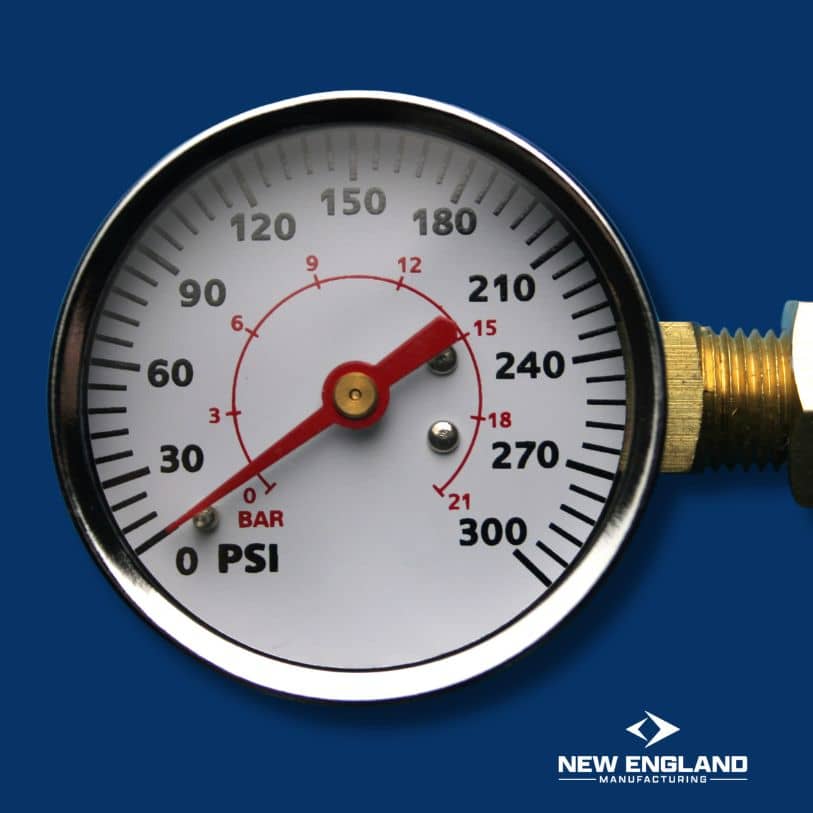The Essentials of Water Flow Meters: How They Measure Up
In the realm of utility management and conservation, the ability to accurately measure the flow of water through pipes is crucial. This is where water flow meters come into play, acting as essential tools for both household and industrial applications. These devices help monitor consumption and play a pivotal role in ensuring efficient use of water resources, detecting leaks, and managing costs. In this blog post, we will explore the inner workings of water flow meters, shedding light on how these indispensable tools function and the various types available on the market.
Introduction to Water Flow Meters
At its core, a water flow meter measures the amount of water passing through a conduit or pipeline. These measurements are vital for various applications, including billing, analysis, and conservation efforts. With the importance of sustainable water use becoming more recognized, the role of water flow meters has never been more critical. Let’s delve into how these devices work and the types that cater to various needs.
The Basics of How Water Flow Meters Work
The principle behind a water flow meter is straightforward: to measure the volume or rate of water flow through a pipe. This is achieved by detecting the water’s movement and translating it into a readable value, typically displayed in gallons or liters per minute. The detection method varies among different types of meters, but the goal remains the same: to provide accurate and reliable water flow measurements.
Types of Water Flow Meters
Mechanical Water Flow Meters
One of the most traditional forms of a water flow device is the mechanical meter, which operates on the physical movement of water. Inside these meters, water pushes against a turbine or a paddlewheel. As water flows, it causes the turbine to spin, with the rate of spin correlating directly to the flow rate of the water. These devices are popular due to their simplicity and effectiveness in residential settings.
Digital Water Flow Meters
Stepping into the modern era, digital water flow meters utilize advanced technologies to measure water flow. Digital meters employ ultrasonic or magnetic fields to detect water flow rates unlike their mechanical counterparts. These meters offer higher precision and can easily integrate with digital monitoring systems, making them ideal for industrial applications where accuracy is paramount.
Ultrasonic Water Flow Meters
Ultrasonic meters, a specific type of digital water flow device, use sound waves to measure water flow. These meters send ultrasonic signals across the pipe, and the time it takes for the signal to travel is affected by the water flow. By analyzing this time difference, the meter calculates the water flow rate. Ultrasonic meters are highly accurate and suitable for applications where the water quality varies, as they are not affected by debris or particulates.
Electromagnetic Water Flow Meters
Electromagnetic meters represent another class of digital water flow devices, leveraging the principles of electromagnetism. These meters induce a magnetic field in the waterway and measure the voltage generated by the water flow through this field. Since the voltage produced is proportional to the speed of the water, electromagnetic meters can precisely determine the flow rate. They are highly versatile and can handle various fluid types and viscosities.
Installation and Maintenance
Regardless of the type, installing a water flow meter is a critical process that requires careful consideration of the specific application and the meter’s specifications. Proper installation ensures accurate readings and prolongs the device’s lifespan. Maintenance, on the other hand, varies by meter type. Mechanical meters may require periodic cleaning and calibration, while digital meters generally need less upkeep due to their lack of moving parts.
Applications of Water Flow Meters
Water flow meters find applications in various fields, from residential water usage tracking to industrial process control. They help detect leaks and promote water conservation by providing precise usage data in homes. They are indispensable for process optimization, waste reduction, and accurate water usage billing in industrial settings. Environmental monitoring and agricultural irrigation also benefit significantly from the data provided by these meters, enabling more sustainable management of water resources.
The Importance of Water Flow Meters
As we conclude our exploration, it’s clear that water flow meters play an indispensable role in modern society. By offering precise water flow measurements, these devices are at the forefront of promoting efficient water use, conserving precious resources, and supporting environmental sustainability. From the simple mechanical meters in our homes to the advanced digital meters in industrial complexes, the technology behind water flow meters is continually evolving, adapting to meet the demands of a world increasingly conscious of the need for sustainable water management.
As technology advances, we can expect these devices to become even more integral to our efforts to use water wisely, ensuring that future generations have access to clean, abundant water. Whether you’re a homeowner looking to manage your water bill or an industrial manager aiming to optimize operations, understanding the function and application of water flow meters is a step toward more responsible and efficient water use.
Read More:
Selecting the Best Water Flow Meter

Mark R.
With a strong foundation in industrial safety and fire protection systems, Mark R. specializes in creating clear, technical, and compliance-driven content. Writing for SafeTech Reports, he covers topics such as fire hydrant testing, PPE protocols, emergency procedures, and smart technology integration in safety systems. His work ensures that professionals stay informed on the latest regulations, best practices, and emerging trends in safety and infrastructure maintenance.
Get in touch
We usually respond within 24 hours
Need Reliable Water Flow Test Equipment?
For over 70 years, New England Manufacturing has been the trusted source for fire hydrant and water flow testing kits. From pitot gauge kits to custom test kits, we provide precision, durability, and expert calibration to meet your needs.
- Custom-built test kits
- High-quality pressure gauges
- Reliable calibration services


